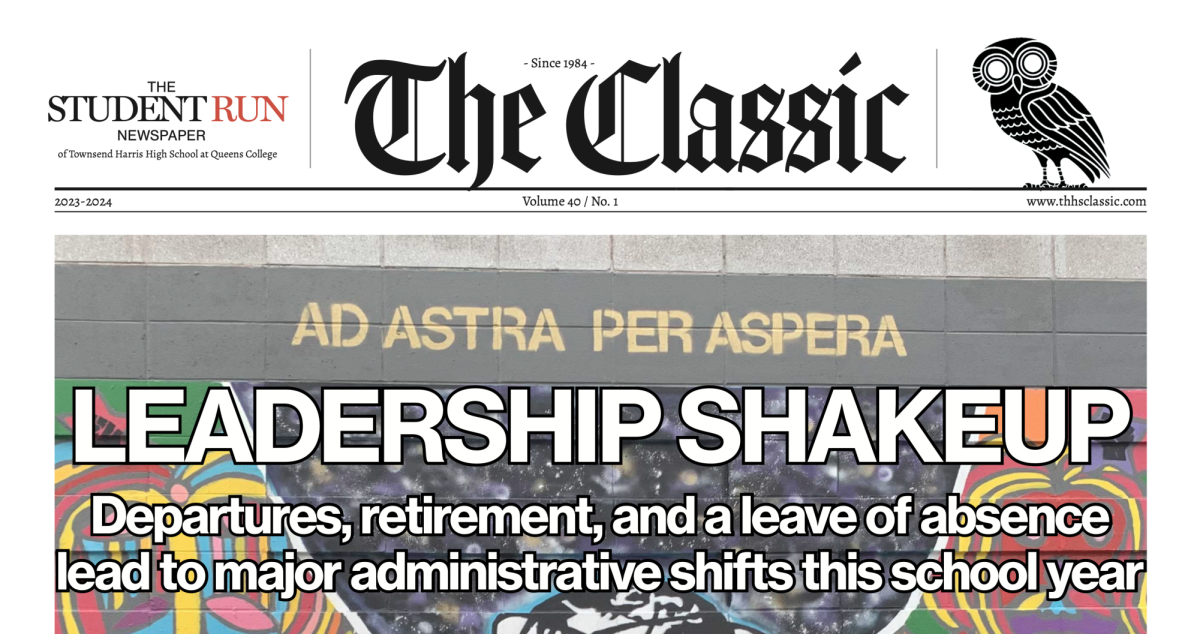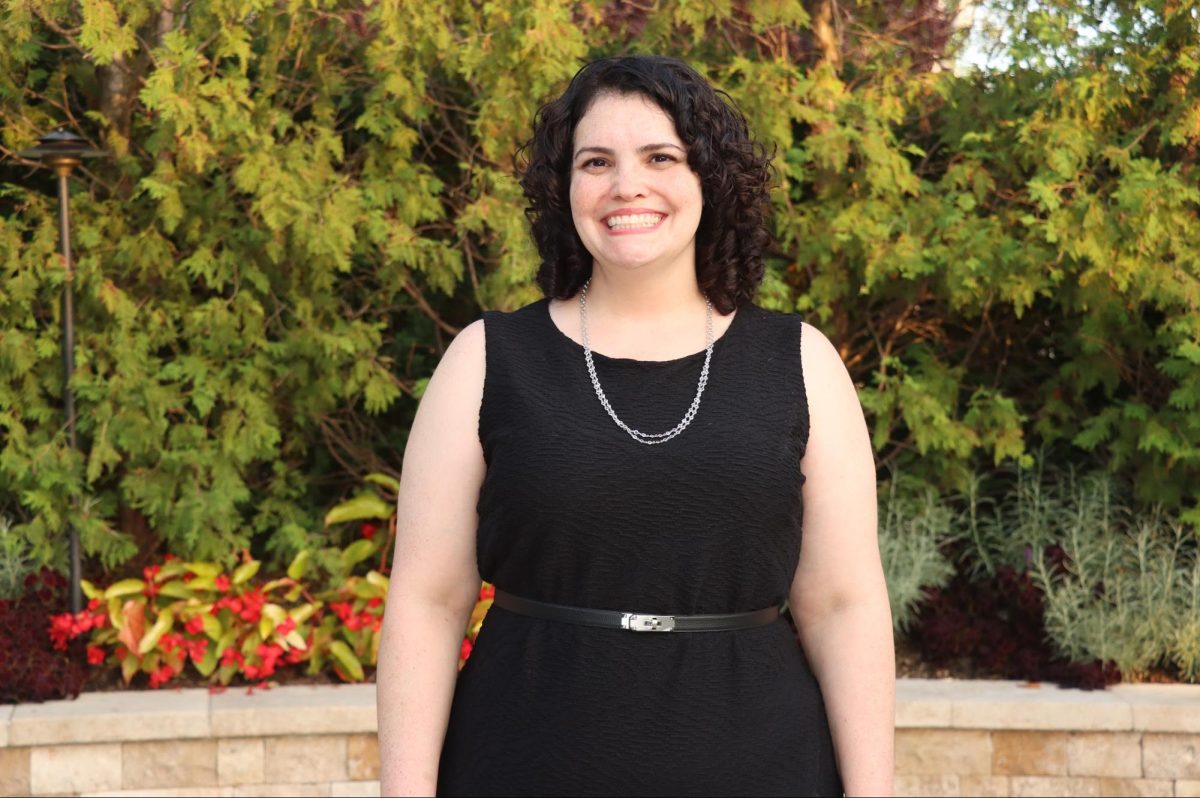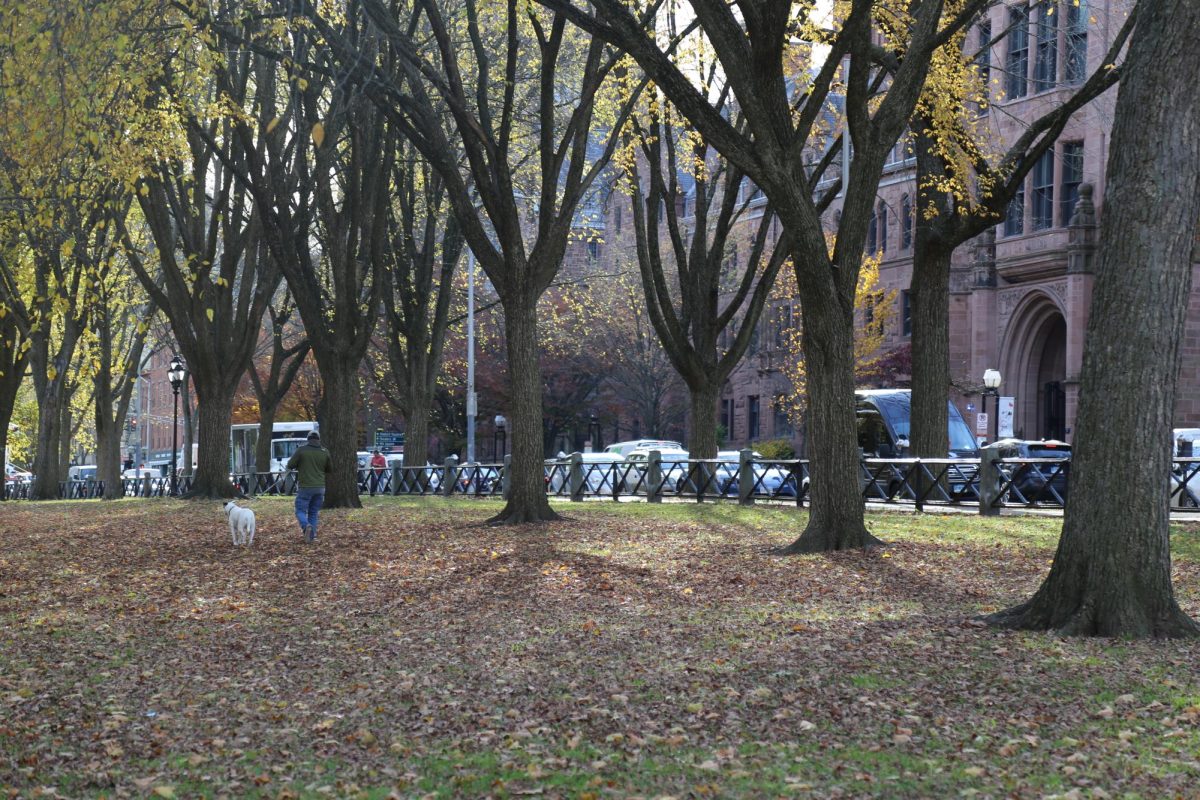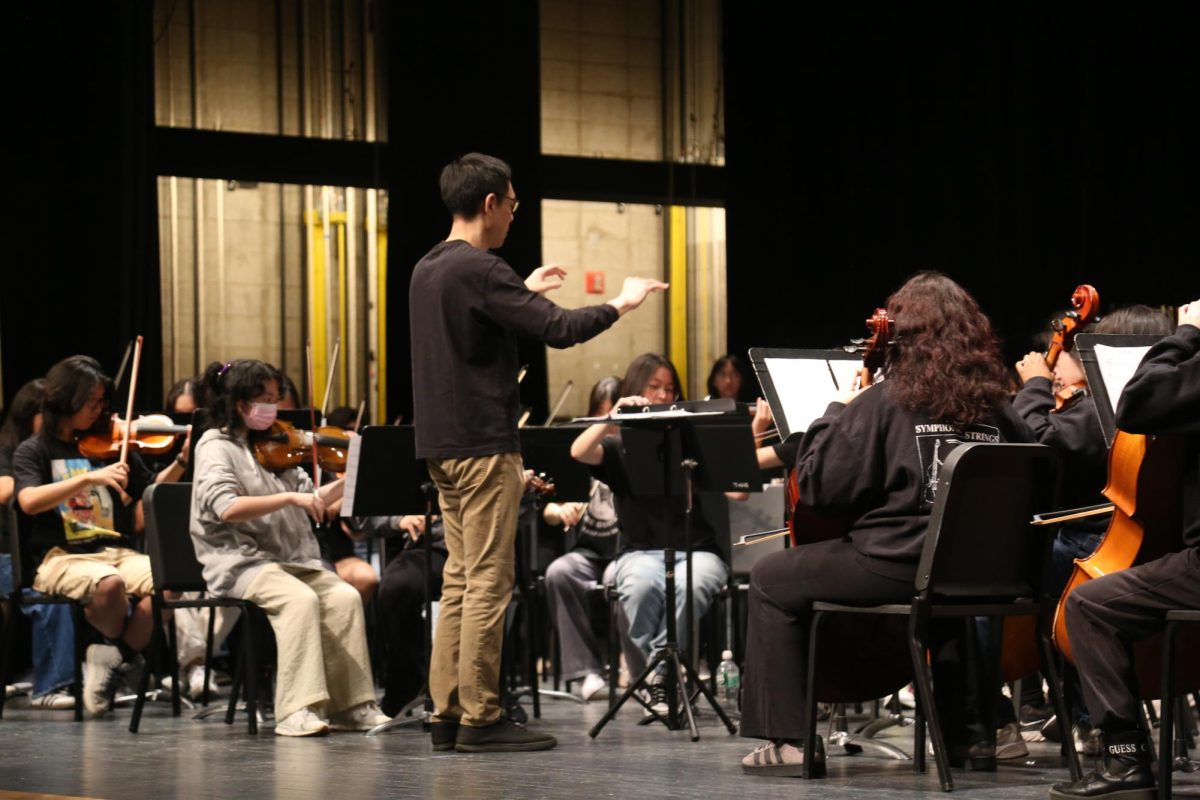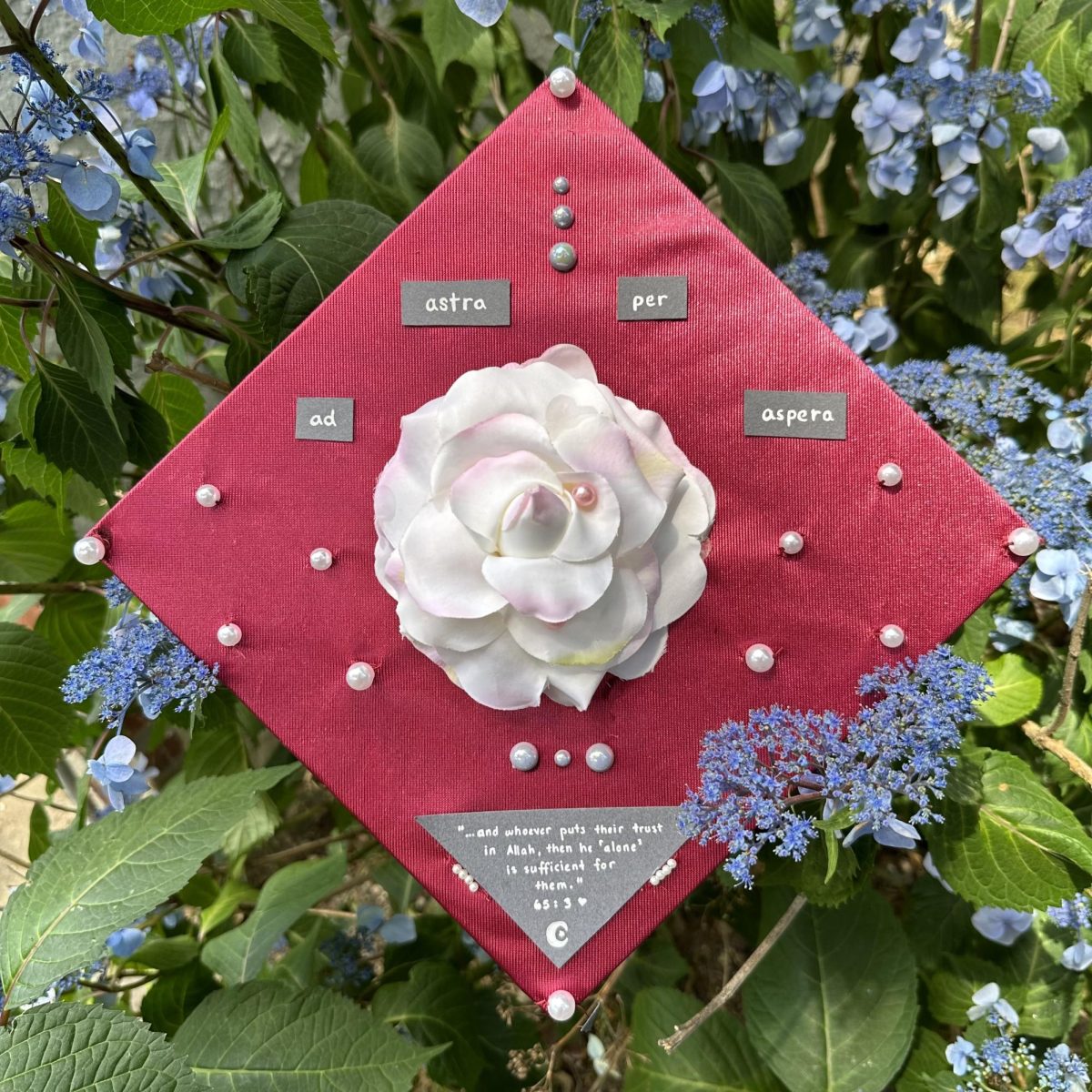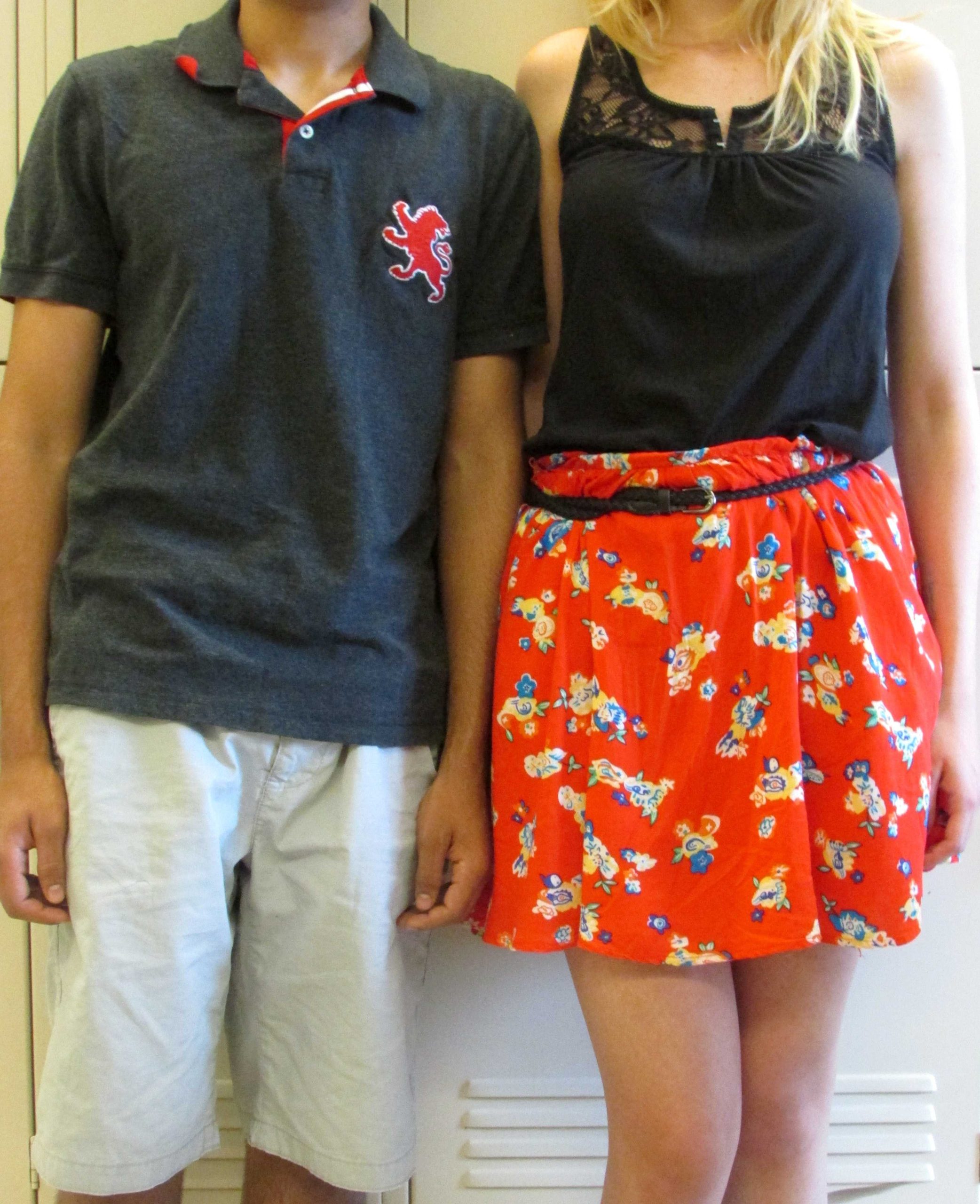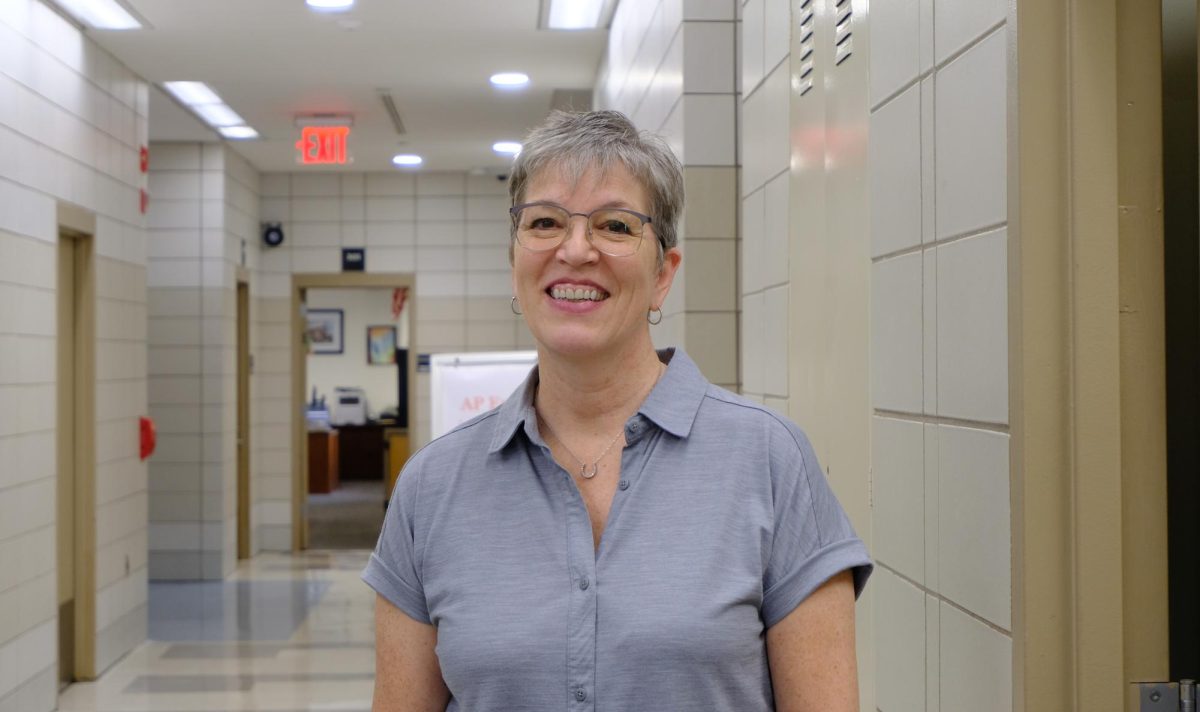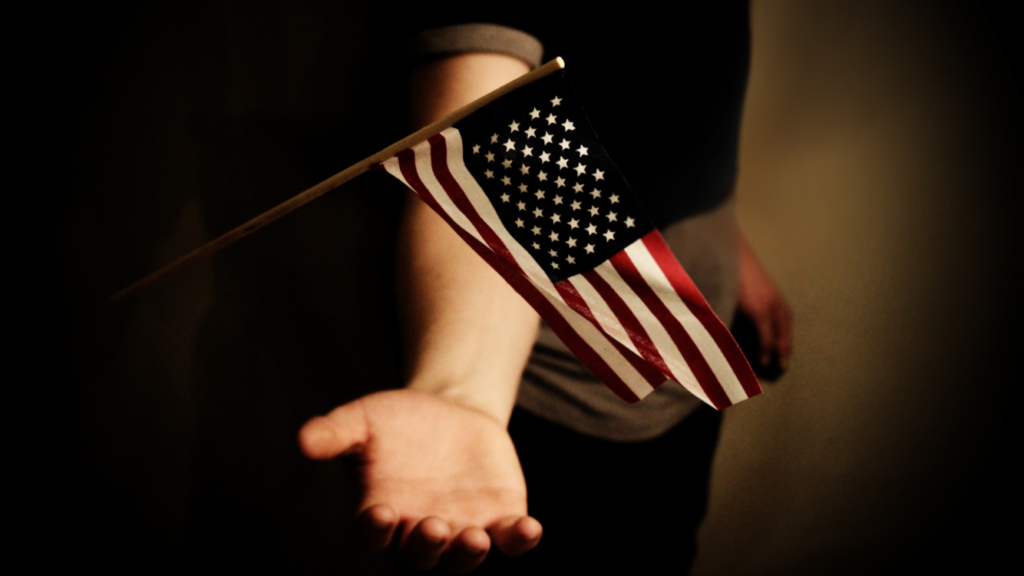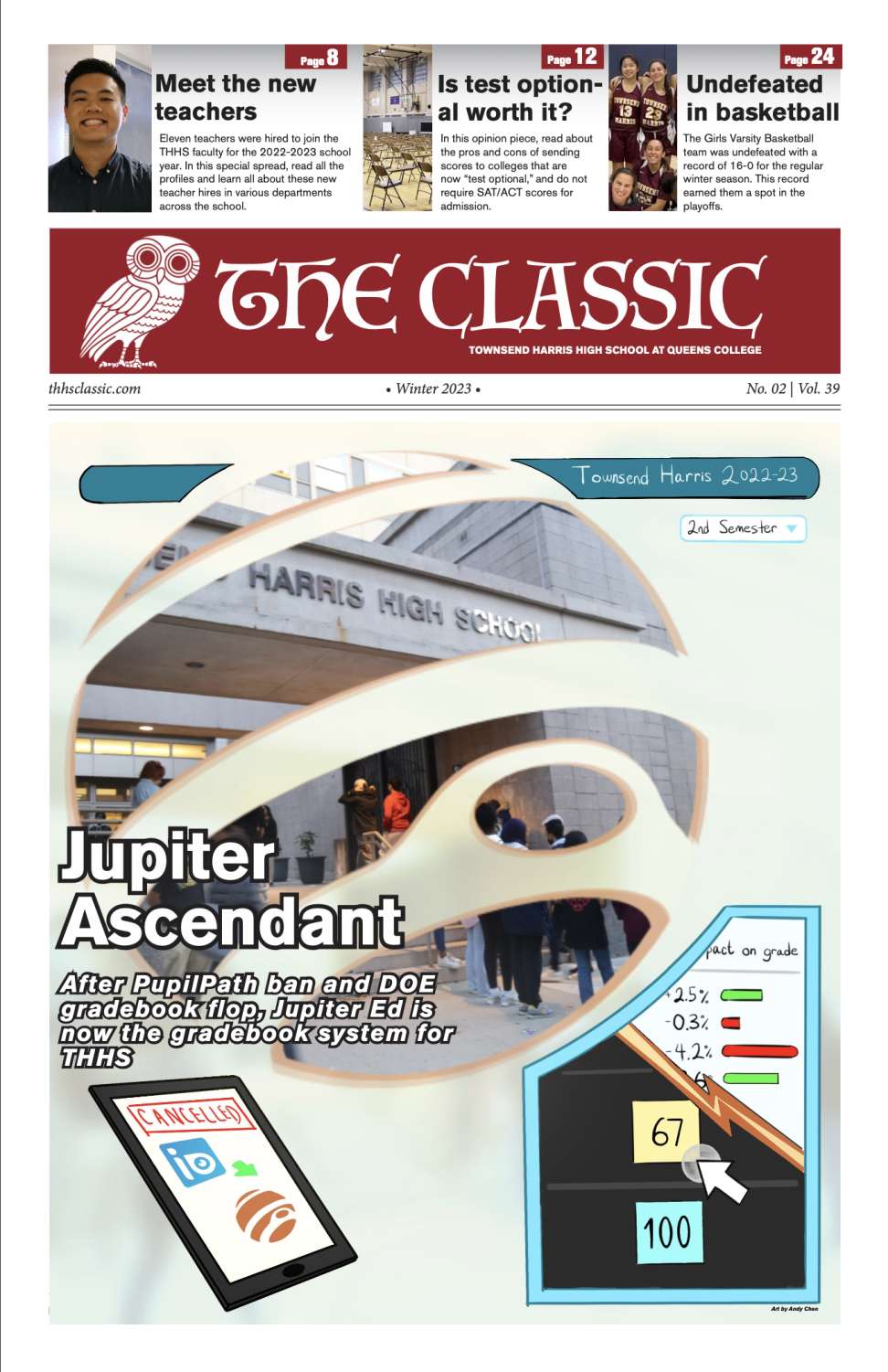
At Monday’s faculty meeting, Principal Brian Condon announced to the faculty a change in the procedure for dress code enforcement. The new procedure transfers responsibility for overseeing the dress code from the dean to the guidance office. Principal Condon has asked the dean and teachers to “to refrain from addressing students directly regarding perceived violations of the dress code.” The Classic released news of this change to the student body and school community, as well as Mr. Condon’s statement on the matter, yesterday.
Assistant Principal of Guidance Veronica York, whose office is now responsible for overseeing issues with dress code, explained the change: “We’re thinking that maybe it’s not the best way to support students to make what a child chooses to wear something that they can actually get a demerit or get in trouble for.”
Ms. York explained that the guidance department’s role is to decide whether or not the student’s choice of clothing is cause for intervention and suggested that students would be more likely to be referred to the principal for demerits should their dress be perceived as offensive and therefore disruptive to the learning environment. “I don’t know at what point a demerit would be given for something for the dress code. I’m sure we could all think of something that would be extreme and outrageous…[clothing displaying images of] lots of guns and killing people… I’m sure it would be offensive enough. I don’t think it’ll be about spaghetti straps and lengths of skirts.”
Previously, Dean Robin Figelman was responsible for enforcing the dress code. Ms. Figelman declined to comment on the recent change.
We spoke to a range of teachers about the change, most of whom expressed support for the policy, which was announced by Principal Condon at Monday’s faculty meeting. During the announcement, Mr. Condon indicated that the change is also in place to avoid interactions between students and teachers that students might find uncomfortable.
“I understand that things have changed because of the climate that we live in, and I think that kids should be protected from teachers who are not being professional around them,” said English teacher Judy Biener. “God forbid we have a teacher around the kid who isn’t teaching them or looking out for their best interest. So I know this happens, and I know that teachers need to be protected too.”
Some teachers shared this opinion, suggesting that enforcing the previous policy could be both uncomfortable for teachers who felt compelled to point out concerns over student attire and for students who felt targeted. Additionally, some teachers expressed being indifferent to the new system, as they had not viewed enforcement as a day-to-day priority.
Other teachers have expressed concerns over the change.
“The goal of Mr. Condon’s initiative, I believe, is to really create a support mechanism for kids because maybe the violations are not fashion statements, but rather indicative of some other underlying issue. And it would be best to address that at the guidance level,” said UFT Chapter leader and history teacher Franco Scardino. “But I’m afraid that this particular policy could in fact have the reverse effect: that it’s not going to bring these students to anyone’s attention… Is guidance going to be able to really address all these issues in the hierarchy of student concerns and challenges? I don’t see a dress code violation rising to the top of that list. A kid who’s distressed about the loss of a parent or an ill sibling or something like that – I think that should be more of a priority….. We’re not adding counselors…. When you just keep the staff the same and the amount of work, it is a basic arithmetic function: you’re not gonna get it.”
Other members of the school community have perceived the change positively. “I think it is an excellent first step,” said Assistant Principal of World Languages and Instructional Support Services Georgia Brandeis. “I do think [dress code enforcement] shouldn’t be in the hands of deans. [The attire we wear] should not be a disciplinary issue.”
“I definitely think this is a step in the right direction because students wouldn’t be directly called out and given a demerit while in front of other students,” said senior Tiffany Li. “I’ve experienced this firsthand and it can feel embarrassing afterwards.”
“This change is more civilized and will make people feel more comfortable in this school, and if someone does break the dress code, I believe this counsels them rather than threatens them,” said senior Max Kurant.
The Classic has reported on student concerns over the dress code for many years. An article by Class of 2013 alumna Catherine Moskos has been referenced multiple times over the years, entitled “Code behind the dress code: Boys matter more.” The opinion piece declared the dress code sexist and called for major changes. We reached out to Moskos for comment on the recent change.
“My initial reaction to the policy change is that it’s definitely a step in the right direction. I’m pretty excited and happy to hear that,” said Moskos. “It also makes me proud to be an alumna of the school because we’ve had our issues over the years but this is definitely a step in the right direction.”
“Even though the dress code itself is not changing, the change in the process of giving demerits will definitely ease the controversy around the dress code,” agreed junior Arul Sharma. “The dress code in general has a lot of loopholes and issues since females are often unfairly targeted, and it’s not the responsibility of females to make sure males don’t sexualize them merely based on their clothing. Also the dress code treats girls and guys differently and guys are often exempt from it. Anything that makes it harder for people to get demerits and be dress coded unfairly is a good change.”
Others feel the change in enforcement is not enough, and the dress code itself needs to change. “The change is completely unnecessary and does not remove any limitations on the dress code itself. Something a student wears to avoid the heat should not be deemed a violation,” said sophomore Benjamin An. “ Students are responsible for how they appear, and if they have the intent to appeal others, only then should this dress code apply. The change in the dress code [enforcement procedure] only lengthens a long and unnecessary process.”
“I’d like to see a Townsend with no dress code whatsoever. …I think it would be amazing to have a school that advertises ‘don’t have a dress code’ because they don’t believe in policing people’s bodies and girls’ bodies,” said Moskos.
There’s one thing Moskos believes needs to change before issues with the dress code can be considered resolved: emails that remind students to follow the dress code, sent as the weather gets warmer in the spring. Moskos said, “I feel like a full change would only come when those stupid godforsaken annual emails stop being sent out. …Once those stop happening and when you walk into the school and don’t feel subject to the prying eyes of teachers [a full change would come].”
According to Mr. Condon’s statement, the administration is attempting to understand the decision-making process behind students’ clothing choices through the work of the Guidance Department.
“There are times when a student’s behavior changes drastically and we want to just do a check in…. And it could be that a student presents themselves in one manner and all of a sudden presents something different, and their homelife has drastically changed and they are no longer living at home. So there are reasons to bring them to a counselor,” said Ms. York. “We’re not looking to get a child in trouble for the choices they choose to make when putting on an outfit. That’s not the world that I live in…. But there are times that we will probably have to have a conversation with a student about what they’re wearing and what’s going on.”




